How do you give thanks for a guilty heritage?
When I was very young, I was told about my rich heritage and ancestorial past. I was lucky, I was told, because I can date my Dutch ancestors coming to America around the time the Pilgrims, way before the British ever settled there. There are several historical sites where I had ancestors, including one homestead and farm in what is now upstate New York that dates from the 1670s.
I was proud of my heritage. I could show off many artifacts at the New York State Museum as part of my family’s items. I even got into my first argument with a teacher in 8th grade who claimed I was lying when I gave my required ancestral oral report. And I gleefully watched her have to apologize when I proved her wrong. (Turns out she didn’t realize a student who wasn’t part of the elite could have a heritage.) I could be in the Daughters of the American Revolution in a blink of an eye.
 Recently, I began researching my heritage even more and discovered I am a descendent of the Mayflower pilgrims too. I bet the Mayflower Society would welcome me with open arms.
Recently, I began researching my heritage even more and discovered I am a descendent of the Mayflower pilgrims too. I bet the Mayflower Society would welcome me with open arms.
My ancestors are some of the first settlers. What a story I can now tell over Thanksgiving. Heck, my family is the reason we all celebrate Thanksgiving. (Take that you nasty disbelieving teacher!)
Yet, about a decade ago, it was revealed that the old homestead and large farm in New York had slave quarters and indeed, although little documentation existed, my family owned slaves.
It was shocking. This wasn’t written in the history books (the South were the enslavers, right?) and it wasn’t part of the personal history I was told about. Turns out many people in New York had slaves, especially wealthy Dutch families like my ancestors, and Alexander Hamilton’s father-in-law Phillip Schuyler, who was a frequent visitor to my family’s homestead.
And like many stories, the ones we were told about Thanksgiving are also wrong. Pilgrims were not the first to come to America and settle. (My family history alone attests to that.) And the indigenous people were here for thousands of years before even my ancestors.
And that feast? Pretty much a public relations fable about interracial harmony that went viral. As far back as 1769, the descendants of the pilgrims felt they were losing their cultural authority and wanted to get more tourism. (Yup, even back then!) To gain some attention, they started the story that the Pilgrims were the first ‘Americans’ and the Mayflower Compact gave roots to our new rebellion against England.
The Thanksgiving myth became legend in 1841 when Rev. Alexander Young first identified the Plymouth harvest celebration as the “first New England thanksgiving” in his Chronicles of the Pilgrim Fathers. So much so, that Abraham Lincoln declared it a holiday during the Civil War to try to foster patriotism and unity.
And the reality of that interracial harmony hides the ugly truth: most early thanksgiving celebrations by the Pilgrims were to revel in the joy of killing hundreds of Native American men, women, and children.
As scholars and others take apart the myths of our American history, I’m left to wonder how does one take on their heritage as part of that myth. Many would say, I shouldn’t feel guilt. Although wrong, this was accepted behavior and I, personally, had nothing to do with it.
Yet, how can I be proud of my ancestors and their legacy in developing the United States, when the things they often did to build that legacy are on the backs and massacre of others?
I don’t have the answers as to how to navigate this, especially with my children. After all, this legacy has affected people of color and indigenous peoples – not just during that time – but throughout the centuries and my life as well.
It’s a bit of white guilt, with a side of gravy, this Thanksgiving.
All I can do on this one day – and every day – is be honest to my kids about our total heritage: the good, the bad, and the ugly – and allow all of us to learn and grow as humans.
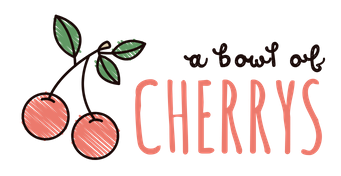
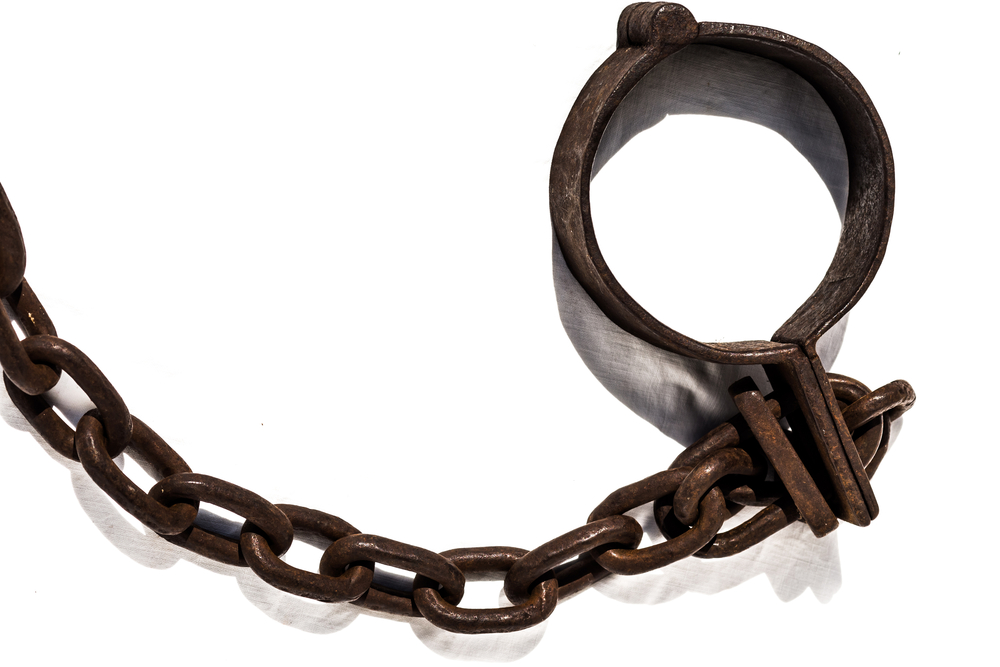
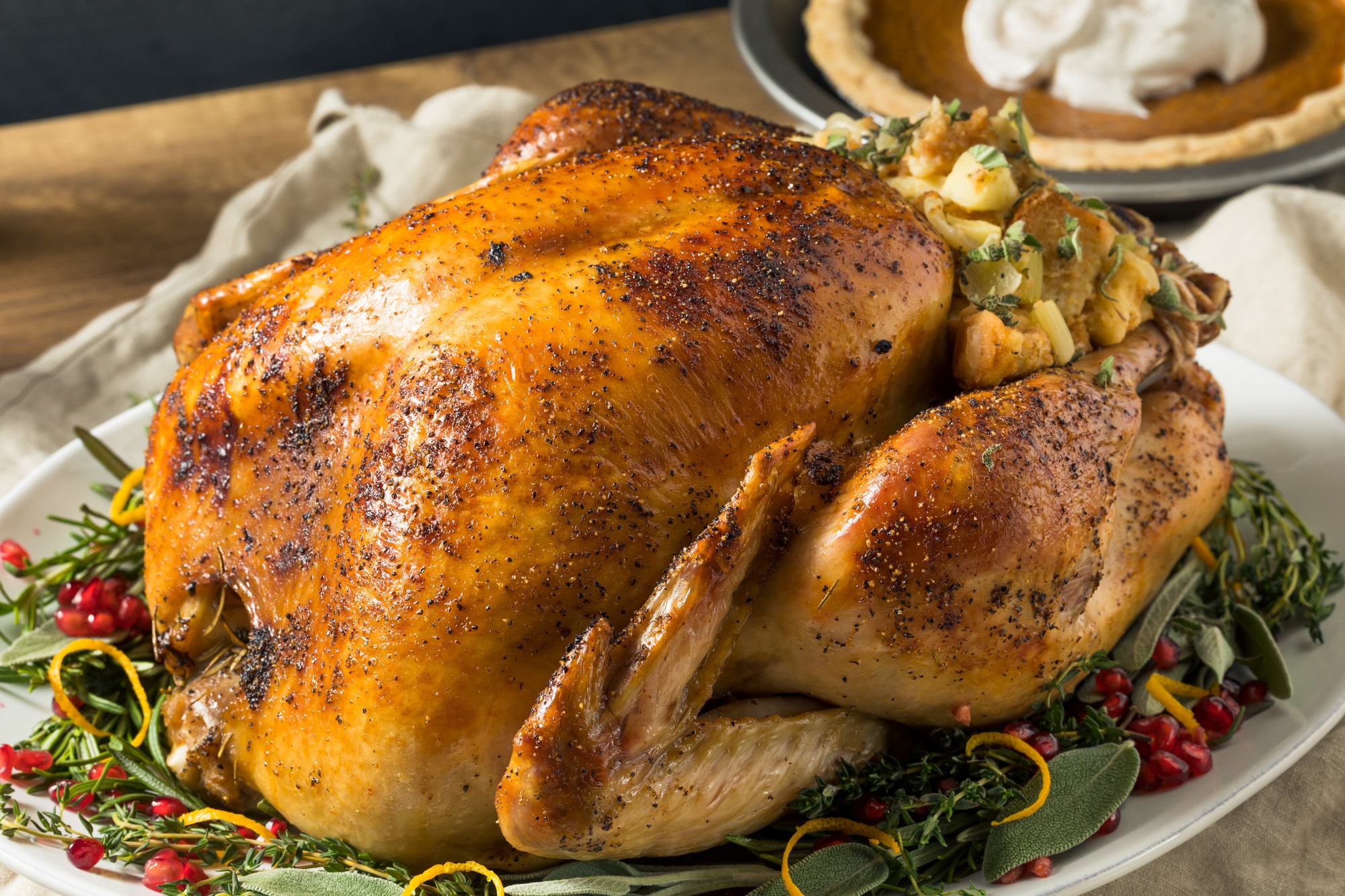
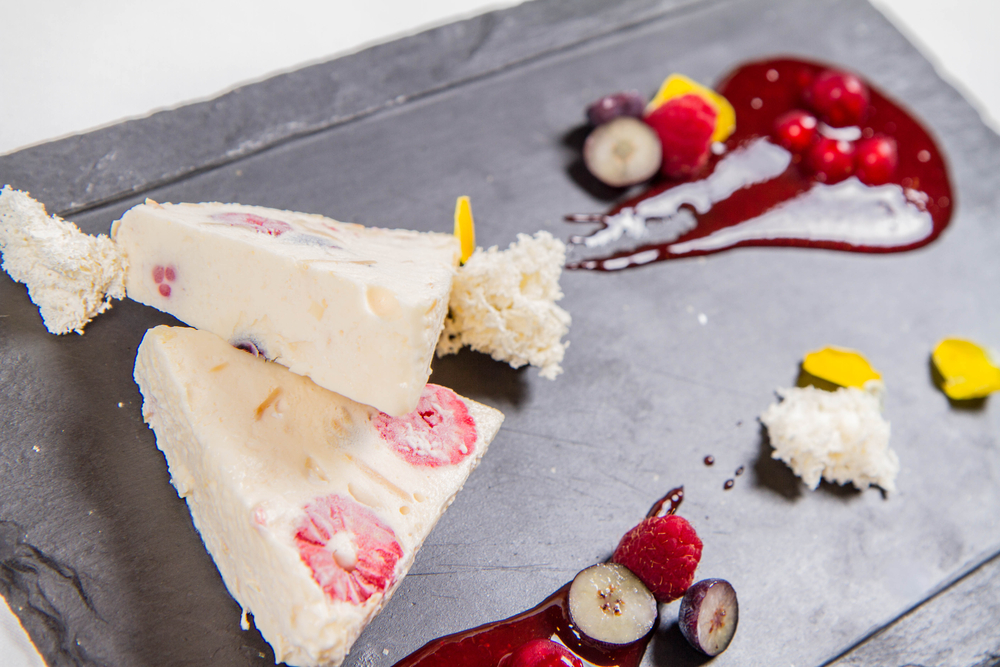


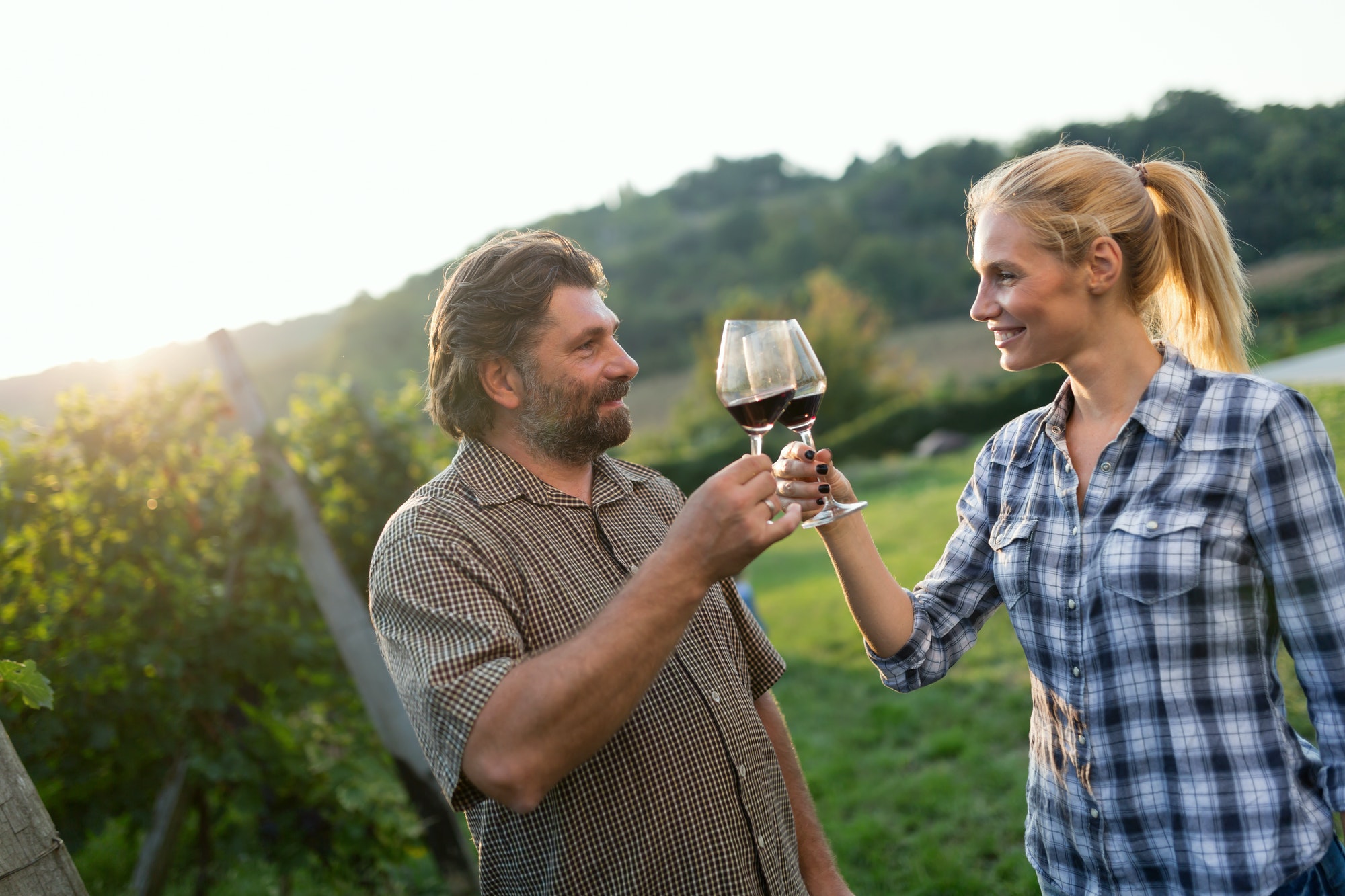
1 Comment
Beautifully told, and a tribute to your current family that you share the ‘warts and all’ part of the past. This is part of the healing of the future. Thank you Shannon.